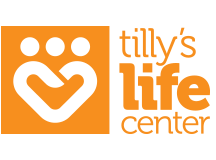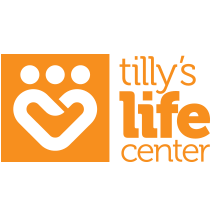
24 Mar Tough Talks: Substance Abuse
Adolescence can be a difficult time, for teens and parents alike, especially when it comes to making responsible choices. With the constant pressure from peers and the desire for independence, teens will often push the limits, leading to dangerous behaviors like substance abuse.
Teen alcohol use or drug experimentation is not something to be taken lightly. To ensure their safety, and the safety of those around them, it’s important to communicate with teens. It can be a very difficult topic to discuss, but here are a few of our best tips for having an open, honest and productive conversation about the topic of substance abuse.
Set Goals Before you Start
Before engaging in a conversation with your teen about substance abuse, outline some things you want to accomplish during this talk. For example, you might want to start an ongoing conversation, in which case you’ll want to start slowly. Or maybe you think they might be on the verge of starting to experiment, in which case you need to build some trust for them to be able to open up to you. Knowing what you are hoping to get out of the conversation will help guide it in a way that is productive for both of you.
Be Specific With Rules
One of the most classic phrases parents always say before their teens leave the house is “be safe!” Although this is well-intended, it can be interpreted very differently for each person. You may be thinking “safe” means do not use any drugs or alcohol, while your teen thinks it means don’t drink so much that you get yourself into an unsafe scenario. Use this conversation to outline your rules for them, or dive into what their interpretation of “being safe” really is, so you can get a better sense of where they are at and set expectations.
Ask and Answer Questions
It may feel tempting to lecture your teen about the dangers of substance abuse, and the potential consequences that can come along with it. However, this is not the way to go about it. Instead, try to ask your teen questions to find out what they already know, or what they’d like to know more about. Then, remain calm and open while answering their questions, and ensure they have all the information they need.
Keep Timing in Mind
Having a conversation about teen substance abuse is never easy. There is not a perfect time to bring it up, however you do want to make sure that there are no outside distractions, and that you can both enter the discussion with a clear mind. Although you will always worry about your teen, you want to try to keep emotions out of the conversation as much as you can. Make sure you are both in a situation where you are able to stay calm, speak respectfully, and listen to the other person.
Be Wary of Your Own Experience
Often, teens will point the finger back at you, calling out behaviors you used to engage in when you were their age. You don’t want to hide these experiences, as it’s unrealistic for you to have never made any mistakes in your past. Plus, discussing your own experiences with substances can be a great learning experience for your teen and will help them see you as a more credible source. However, be careful not to glorify them. You still want your teen to understand the consequences, and it could end up backfiring if you don’t approach it in the right way.
If your teen or someone else you know is struggling with substance abuse, please call the SAMHSA hotline at 1-800-662-4357 for support.
At Tilly’s Life Center, we care deeply about the safety and well-being of our teens, both emotionally and physically. It’s so important to equip them with the life skills they need to make responsible decisions, and feel comfortable opening up with those they love. To learn more about how our workshops can help your teen, visit https://tillyslifecenter.org/


